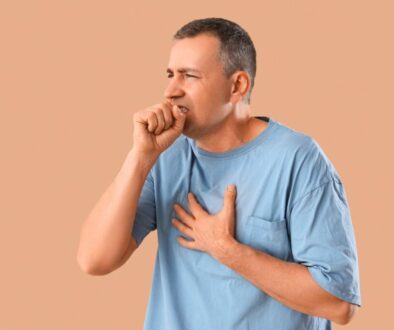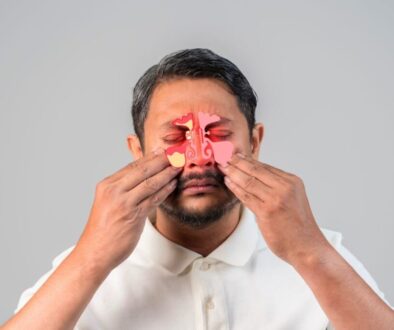Gut Healing Supplements That Actually Work
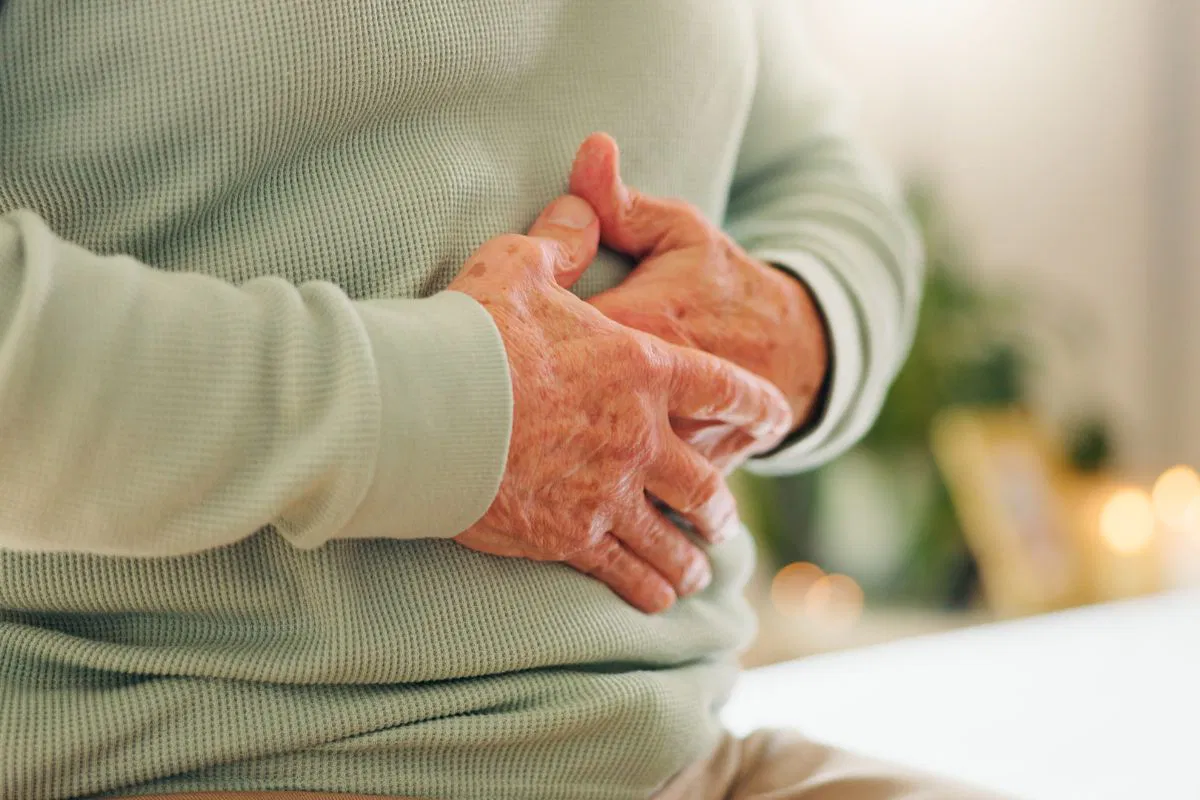
Published October 20, 2025
Struggling with bloating, fatigue, or mood swings? Your gut might be trying to tell you something. A healthy gut is central to your overall well-being, affecting digestion, immunity, and even your focus and mood. When the balance of microorganisms in your digestive tract is disrupted by diet, stress, or medication, it can cause uncomfortable symptoms. While a nutrient-rich diet is essential for gut health, the right gut healing supplements can help restore balance and get you feeling your best.
In this article, we’ll explore research-backed supplements that can help repair your gut. We’ll look at options backed by research, from probiotics and amino acids to soothing herbs. You’ll also learn how to choose quality products and incorporate them into your wellness routine.
Why Gut Health is Crucial
The gut does more than just digest food. It communicates with almost every system in your body. It influences everything from your immune response to your mental clarity.
The Gut-Brain Connection
Your digestive system is often called the “second brain.” It’s lined with millions of nerve cells. These cells constantly communicate with your brain. When your gut is imbalanced, it can affect your mood, focus, and stress levels — proving that mental well-being truly begins in the gut.
Signs Your Gut Needs Healing
An unhealthy gut can show up in many ways—bloating, irregular bowel movements, fatigue, or even skin issues like acne and eczema. These symptoms suggest your digestive system may need extra support.
How Supplements Support The Healing Process
Supplements for gut healing can restore beneficial bacteria. They help strengthen the intestinal lining and reduce inflammation. These are key steps for a healthy digestive system.
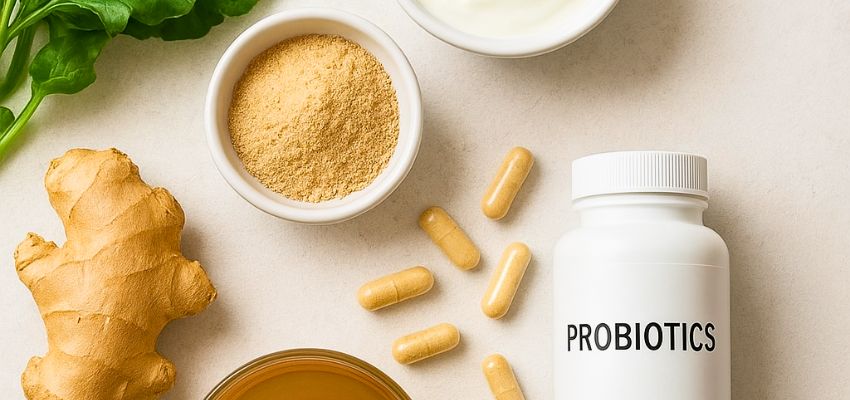
Top Gut Healing Supplements Backed By Science
The supplement aisle can be overwhelming. Focus on options backed by solid research. Make confident choices with the correct information. Here are the most effective gut healing supplements to consider:
Probiotics
Probiotics are beneficial bacteria that help rebalance your microbiome, improving digestion and immunity. Strains such as Lactobacillus and Bifidobacterium are highly effective. When choosing a probiotic, look for products that list specific strains and guarantee at least 1 billion CFUs per serving.
For a targeted blend, Bionaze stands out with its patented strains BLIS K12™ (Streptococcus salivarius K12) and BL-04™ (Bifidobacterium Lactis BL-04), designed to support both gut balance and upper respiratory health.
Prebiotics
Prebiotics are the non-digestible fibers that nourish the gut bacteria, helping them thrive. While foods like onions, garlic, and bananas contain prebiotics, supplements offer a convenient way to ensure consistent intake.
L-Glutamine
This amino acid is pivotal in maintaining a healthy gut lining. It helps protect and rebuild the intestinal wall. This creates a more substantial barrier and prevents “leaky gut.” In “leaky gut,” the barrier becomes permeable. A healthy gut lining ensures proper nutrient absorption. This is fundamental for overall digestion and well-being.
Zinc Carnosine
Zinc carnosine, a unique blend of zinc and the amino acid carnosine, supports gut mucosal healing. Studies show it can reduce inflammation. It also strengthens the stomach lining and protects it from damage.
Digestive Enzymes
Low enzyme production can cause bloating and heaviness after meals, slowing digestion and reducing nutrient absorption. Supplementing with digestive enzymes such as protease, amylase, and lipase can help your body break down carbohydrates, fats, and proteins more efficiently. These enzymes support smoother digestion, better nutrient uptake, and relief from post-meal discomfort — helping you feel lighter and more energized after eating.
Peppermint Oil
Peppermint oil has been shown to relax the digestive tract muscle. This is especially helpful for individuals diagnosed with irritable bowel syndrome (IBS). It can ease common symptoms like abdominal pain and cramping.
Ginger
Ginger has been used for centuries as a natural digestive aid. This powerful root helps reduce inflammation in the digestive tract, a common cause of discomfort. It’s known for soothing nausea. It can also relieve motion sickness and ease bloating. This makes it a versatile remedy for digestive health.
Vitamin D
Vitamin D, best known for supporting bone health, is also crucial for a strong immune system and maintaining a diverse gut microbiota. Adequate levels can promote a healthy, balanced gut environment.
Vitamin C
As a powerful antioxidant, Vitamin C helps protect the body and gut from inflammation. It also supports immune function. It can encourage the growth of beneficial microbes. This contributes to overall gut health.
Collagen And Bone Broth Supplements
Collagen provides structure to your body’s tissues, including your intestinal lining. Supplements containing collagen, or its natural bone broth, offer amino acids that help repair and support the gut wall.
Herbal And Natural Gut Healing Supplements
Certain herbs have been used for centuries to support digestive health. Turmeric acts as a potent anti-inflammatory, slippery elm soothes and protects the intestinal lining, aloe vera helps reduce irritation, and DGL licorice root supports stomach lining health. These gentle, effective remedies can be valuable additions to a gut-healing plan.
Psyllium Husk
Psyllium is a soluble fiber that turns into a gel when mixed with water. This helps support regular bowel movements by softening stool, making it easier to pass. It can relieve constipation by adding moisture and bulk. It can also alleviate diarrhea by absorbing excess water. This helps stabilize bowel movements.
How To Choose The Right Gut Healing Supplements For You
With so many options available, selecting the right supplements requires careful consideration.
- Understanding ingredient quality and purity. Select supplements verified by independent organizations like NSF International or U.S. Pharmacopeia (USP). These ensure purity, potency, and safety.
- Dosage, timing, and consistency. Follow label directions unless advised otherwise by your healthcare provider. Taking probiotics 30 minutes before meals may improve their survival rate, but consistency is what matters most.
- When to consult a healthcare professional. If symptoms worsen, consult a doctor or dietitian to identify underlying issues and tailor your supplement plan.
Lifestyle Habits That Boost Gut Healing
Gut-healing supplements work best when paired with supportive habits:
- Pairing supplements with a gut-friendly diet. Adhere to a diet rich in fiber, fermented foods, and anti-inflammatory nutrients to nourish your microbiome.
- Stress management and sleep. Chronic stress and inadequate sleep disrupt gut bacteria. Regular meditation, gentle exercise, and 7-9 hours of rest can help restore balance.
- Avoiding common gut health saboteurs. Limit processed foods, alcohol, and artificial sweeteners, and use antibiotics only when necessary.
Frequently Asked Questions
What are the best gut healing supplements for beginners?
For beginners, a high-quality probiotic and a prebiotic fiber supplement are ideal. They work together to replenish beneficial bacteria and nourish your microbiome.
Can natural gut healing supplements replace medication?
They’re powerful aids but should not replace prescribed medication. Consult your healthcare professional before making changes.
How long does it take for supplements for gut healing to work?
Results vary by individual, but noticeable improvements may occur within a few weeks of consistent use.
Are there any side effects to gut-healing supplements?
Some people feel mild bloating when starting probiotics or fiber. These symptoms usually go away as your body adjusts.
Do I need both probiotics and prebiotics for gut repair?
Yes. Together, they form a synbiotic relationship — probiotics add good bacteria, while prebiotics help them thrive.
Why Choose Bionaze
Bionaze is a next-generation probiotic supplement formulated to go beyond traditional gut support. Featuring two patented, clinically studied strains — BLIS K12™ (Streptococcus salivarius K12) and BL-04™ (Bifidobacterium Lactis BL-04) — it offers benefits that start in the gut and extend to your overall well-being.
- Dual Action Formula: Targets the gut and upper respiratory tract. It supports digestive balance. It also promotes ear, nose, throat, and oral health.
- Patented Probiotic Strains: BLIS K12™ (Streptococcus salivarius K12) supports healthy mouth and throat microbiota, reducing harmful bacteria. BL-04™ (Bifidobacterium Lactis BL-04) enhances gut microbiome diversity, strengthens immunity, and supports digestion.
- Science-Backed and Safe: Each capsule contains clinically researched doses for practical, comfortable results.
- Comprehensive Health Support: Bionaze nurtures digestive and immune function for long-term vitality.
Add Bionaze to your routine for better health. It supports a healthy gut, boosts immunity, and improves oral health.
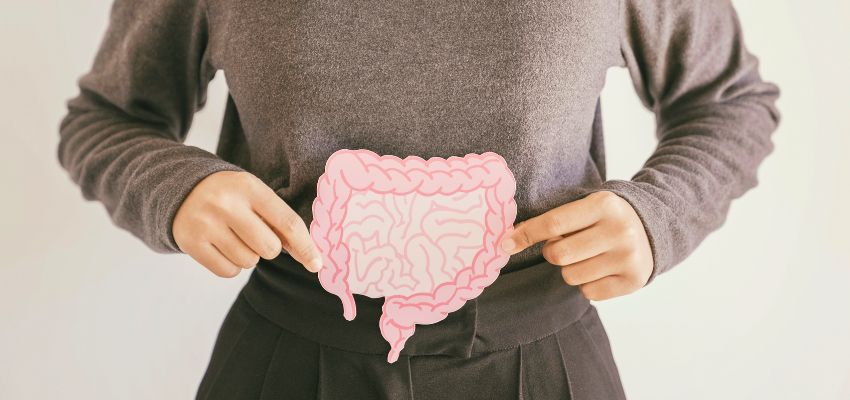
Rebuild, Restore, And Thrive With A Healthier Gut
Lasting gut wellness is achieved through consistency, balance, and awareness. Pair the right supplements with a nourishing diet, stress management, and mindful living. Healing takes time — but with patience and wise choices, your body will thank you. Combining gut healing supplements with these thoughtful steps helps build a healthier gut and boost overall well-being.
Ready to go beyond basic probiotics? Bionaze combines two patented probiotic strains that support your gut, mouth, ear, nose, and throat for complete microbial harmony. Learn more about Bionaze and take the first step toward total body balance.
Benefit From The Latest Advancements In Probiotic Science With Bionaze
Bionaze is a proprietary blend of probiotics proven to promote ear, nose, and throat health, improve digestion, and support your immune system. The active ingredients BLIS K12, and BL-04 are considered among the best probiotics according to science.
Get 25% Off Your First Order when you use BIO25 at checkout!

This Content Has Been Reviewed For Factual Accuracy
This content has undergone thorough fact-checking by our team of internal experts. Learn more about the meticulous editorial standard for our website here.
ADVERTISEMENT

About The Author
Hi, I’m Corinne Grace, a proud nursing graduate from Riverside College with a flair for writing. I specialize in health and wellness topics, using my educational background to weave informative and attention-grabbing articles that appeal to a wide variety of readers. Committed to excellence in writing, I’m always refining my skills to stay in sync with the fast-evolving world of digital media. Whether you’re seeking to understand complex health concepts or looking for relatable advice, I’m here to deliver content that’s accurate and enjoyable to read.

